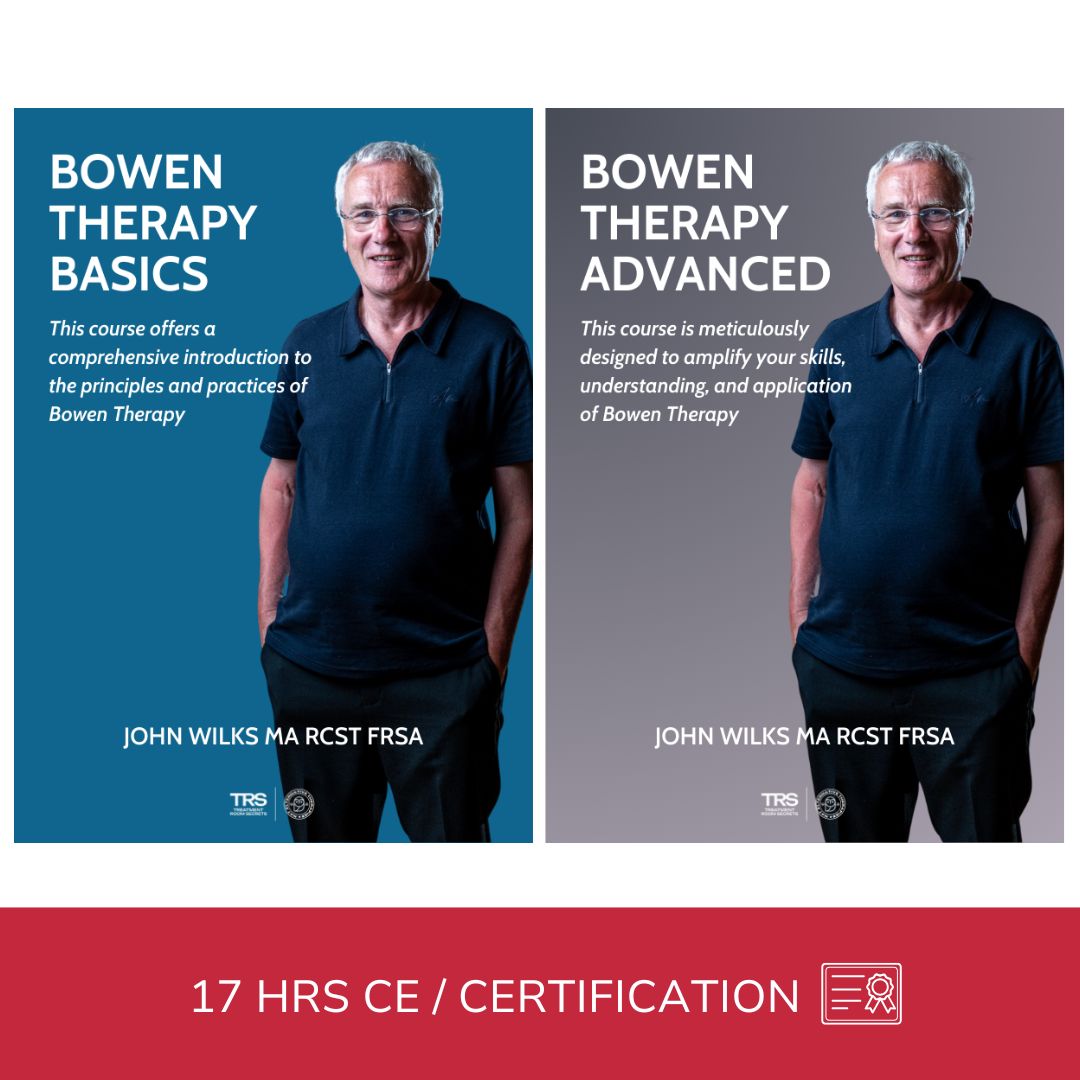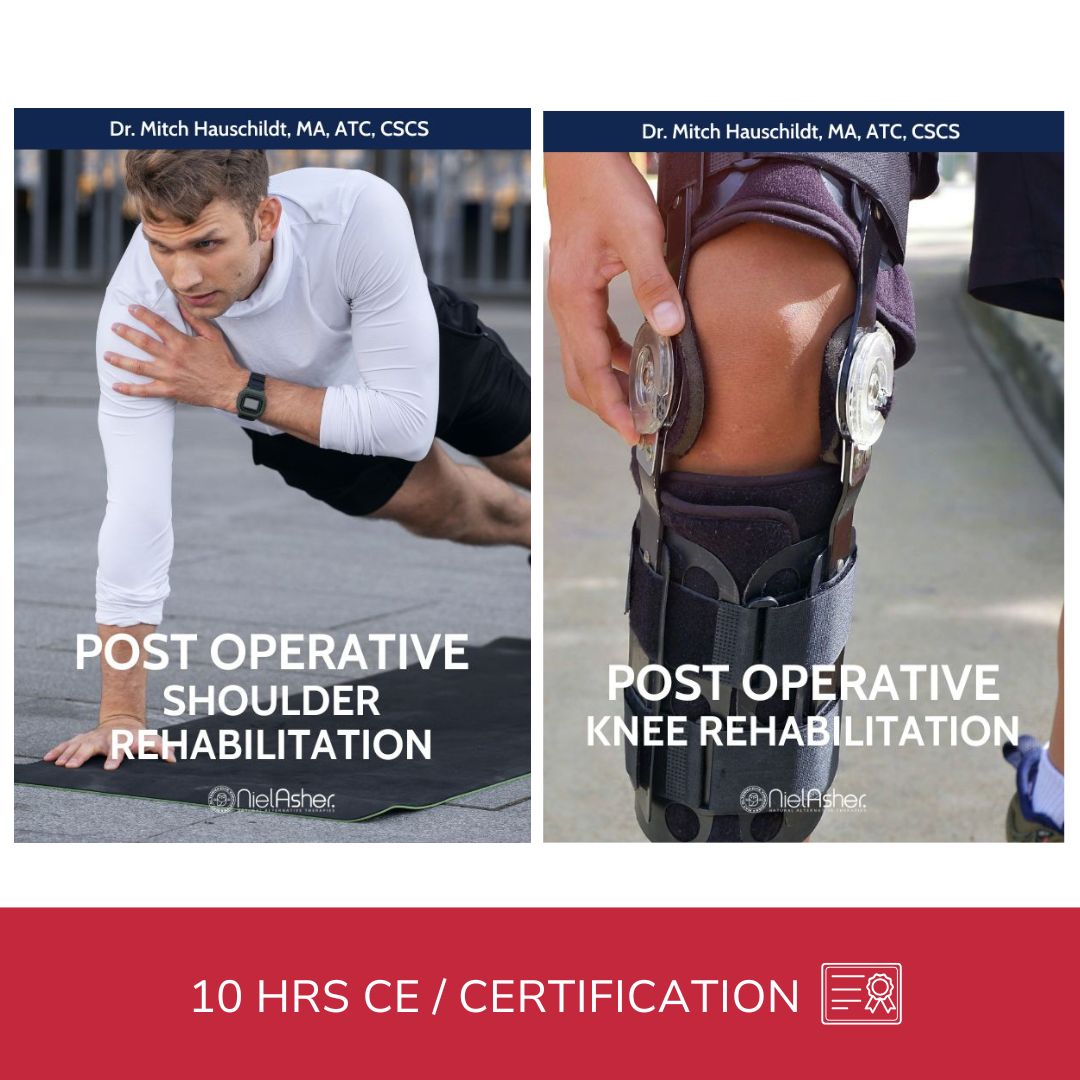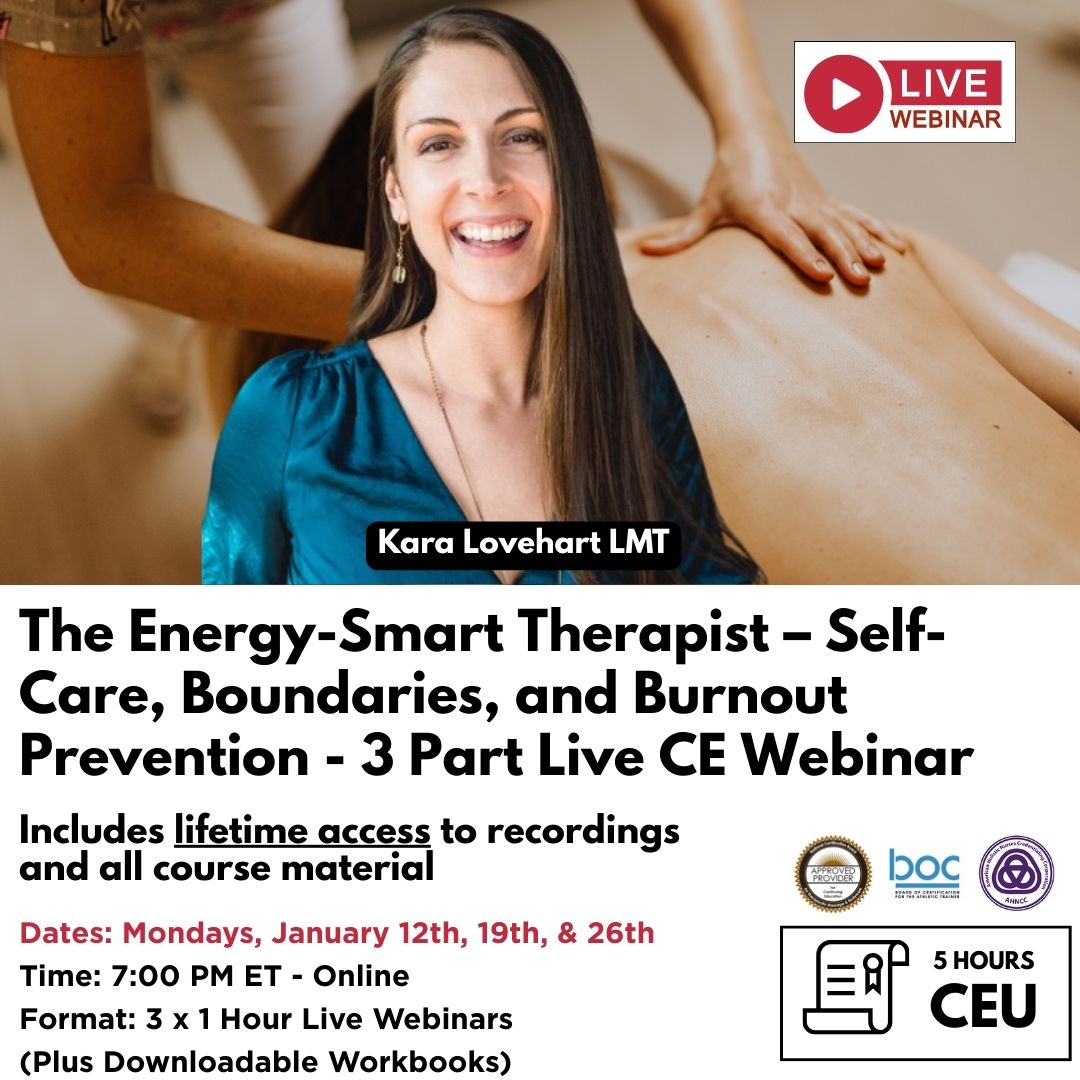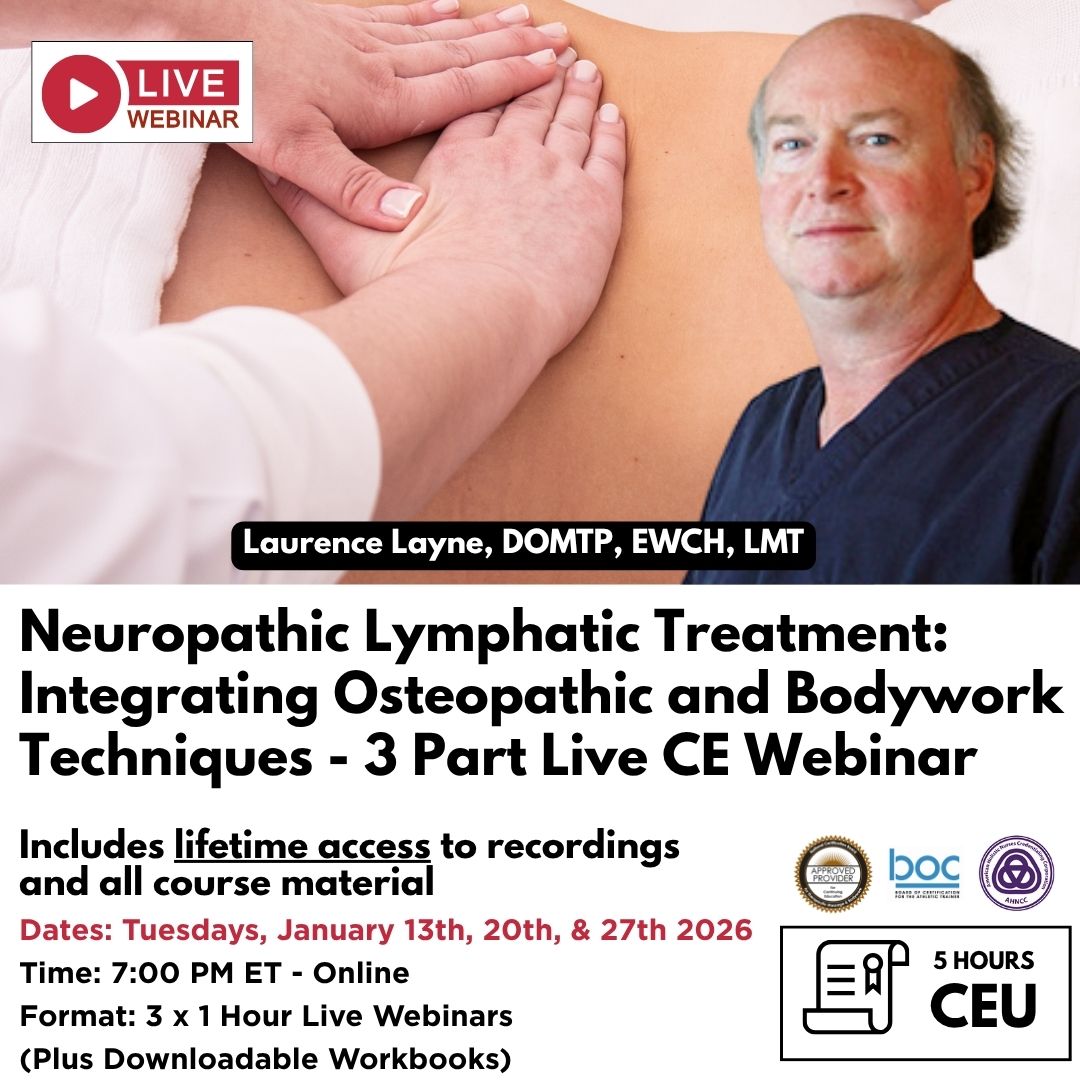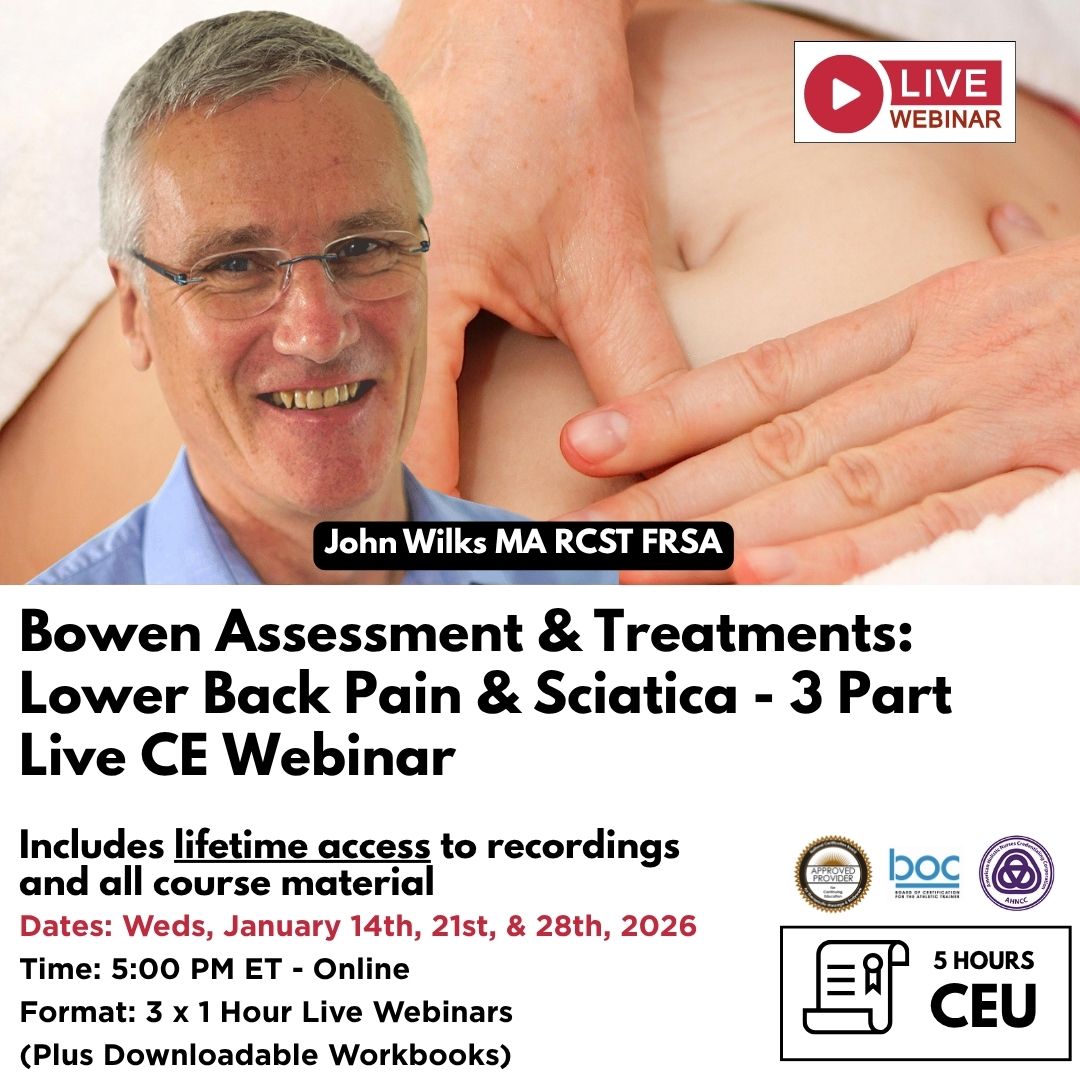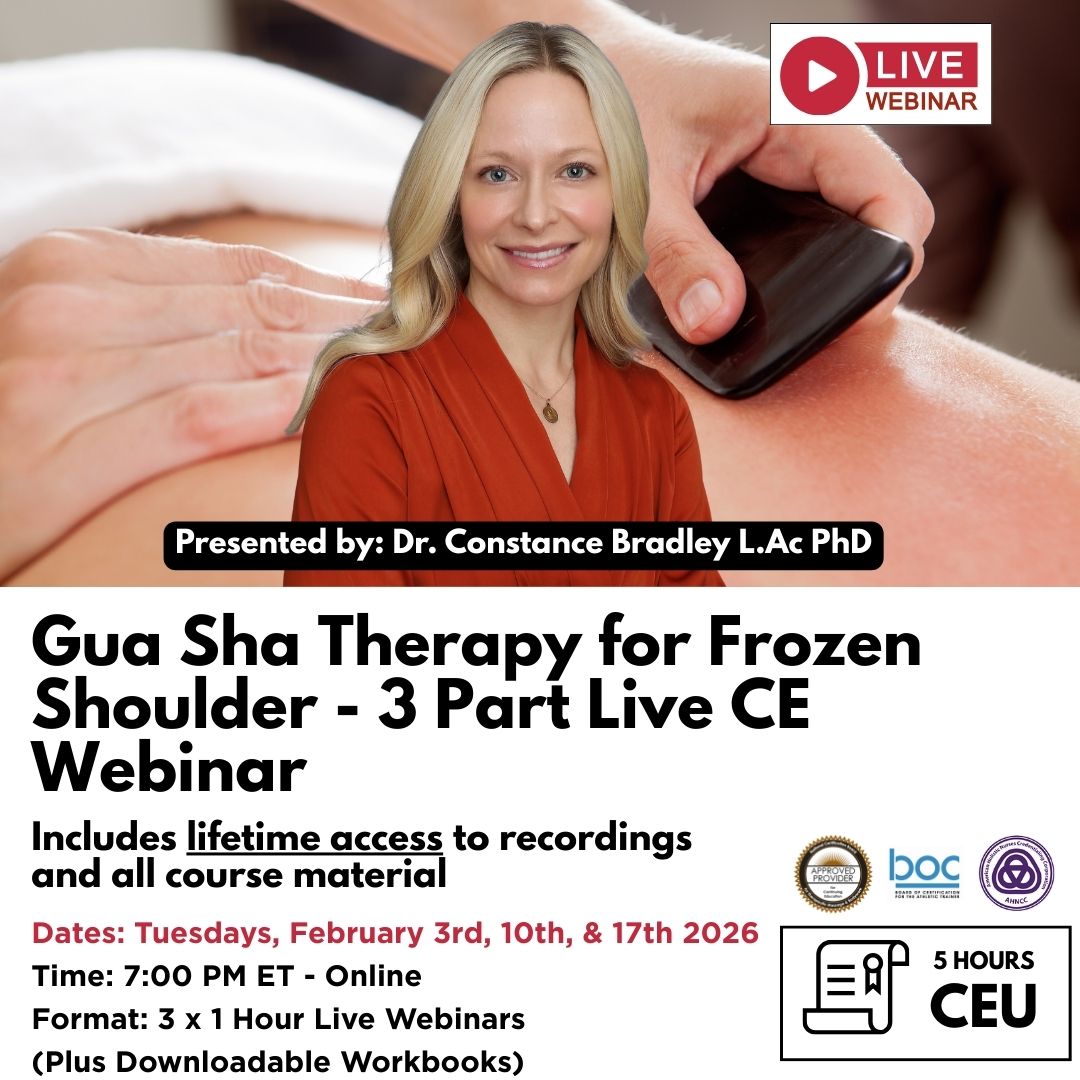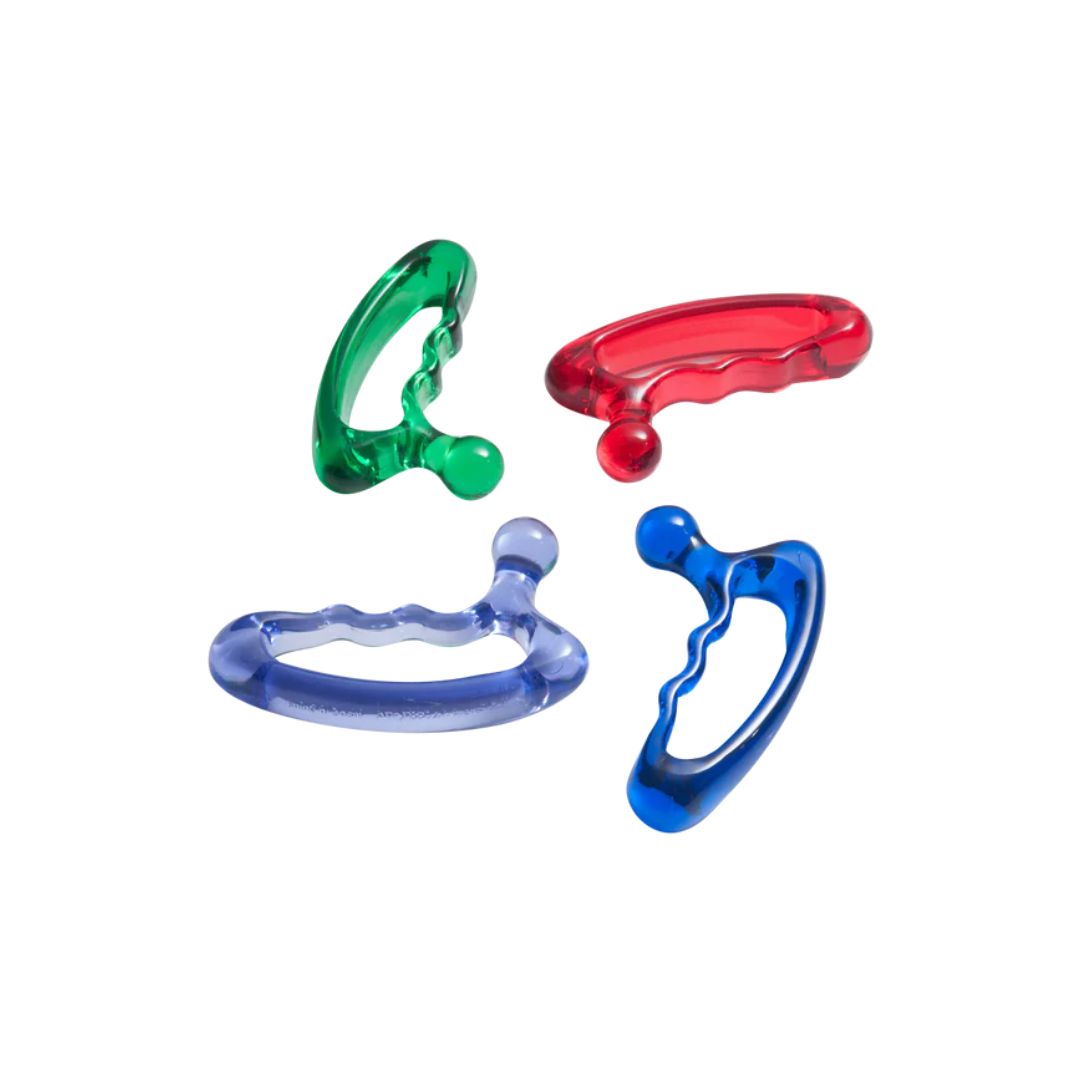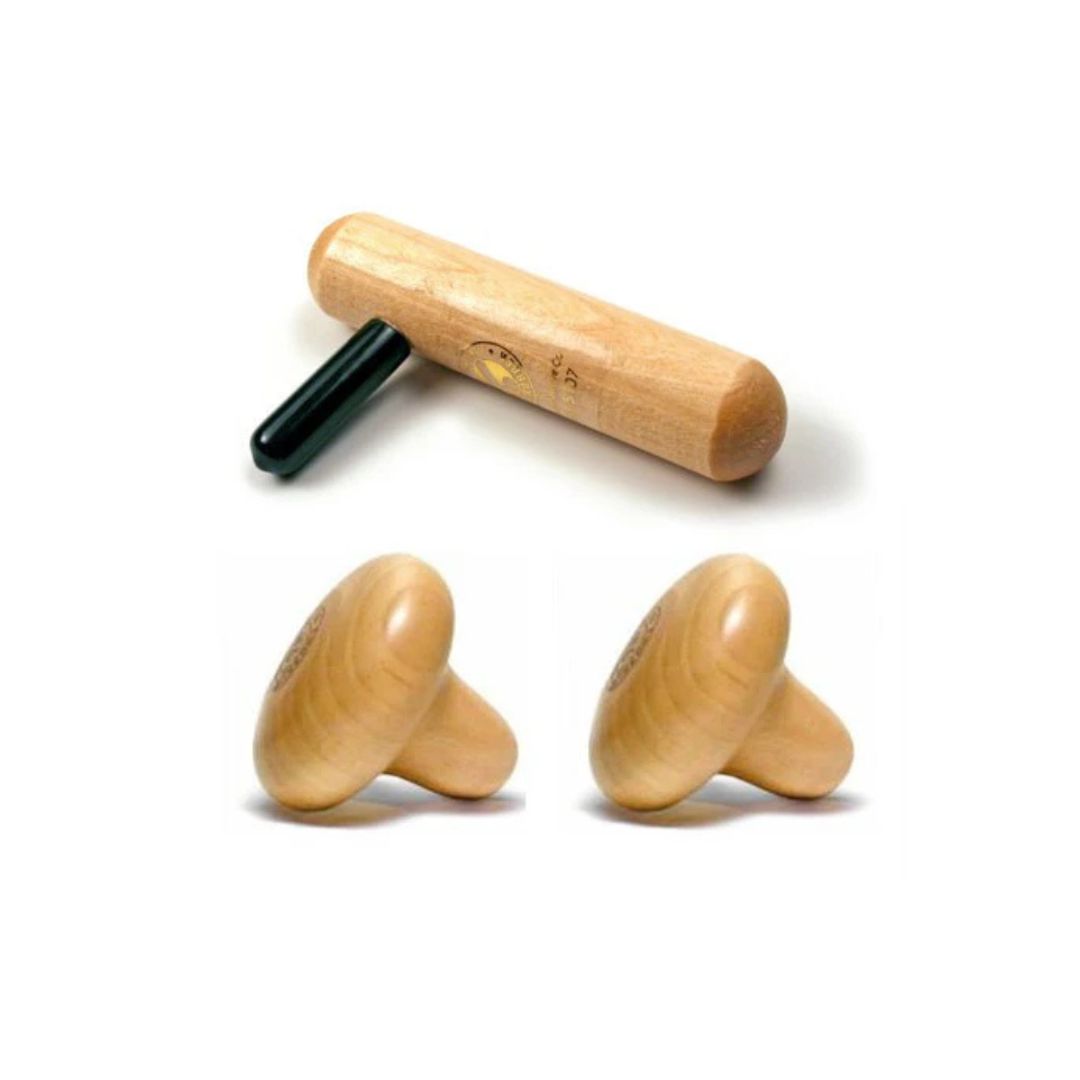Unlocking the Secrets of the Vagus Nerve: A Comprehensive Guide with Craniosacral Therapy Insights
Deep within the intricate network of the human nervous system lies a remarkable yet often overlooked gem: the vagus nerve.
Named after the Latin word for "wandering," the vagus nerve indeed lives up to its name, meandering through the body and touching nearly every major organ system along the way. Often referred to as the "wandering nerve," the vagus nerve plays a pivotal role in regulating numerous bodily functions, from digestion and heart rate to mood and immune response. In this comprehensive guide, we delve into the fascinating world of the vagus nerve, exploring its anatomy, functions, and potential implications for health and well-being, with insights from the perspective of craniosacral therapy.
Anatomy of the Vagus Nerve: The vagus nerve, scientifically known as the tenth cranial nerve or CN X, is one of the longest and most complex nerves in the body. It originates in the brainstem, specifically the medulla oblongata, and extends downward through the neck and thorax before branching out to innervate various organs and tissues throughout the body. Structurally, the vagus nerve consists of both sensory and motor fibers, allowing it to transmit information bidirectionally between the brain and the body.
Functions of the Vagus Nerve: The vagus nerve serves as a critical communication pathway between the brain and the body, playing a central role in regulating numerous physiological processes. Some of the key functions associated with the vagus nerve include:
-
Parasympathetic Regulation: As part of the parasympathetic nervous system, the vagus nerve helps promote relaxation, rest, and digestion. It stimulates the production of digestive enzymes and regulates gastrointestinal motility, facilitating the efficient breakdown and absorption of nutrients.
-
Heart Rate and Cardiovascular Function: The vagus nerve influences heart rate and cardiovascular function by exerting a calming effect on the heart. Through its connections with the sinoatrial node, the vagus nerve helps modulate heart rate, promoting variability and adaptability in response to changing physiological demands.
-
Respiratory Control: The vagus nerve plays a crucial role in regulating respiratory function, including the rhythm and depth of breathing. It innervates the muscles involved in breathing, such as the diaphragm and intercostal muscles, and helps coordinate the inhalation and exhalation process.
-
Immune Response: Emerging research suggests that the vagus nerve also plays a role in modulating the immune response. Through its connections with the spleen and other immune-related organs, the vagus nerve helps regulate inflammation and immune cell activity, influencing overall immune function and homeostasis.
-
Emotional Regulation: The vagus nerve is intricately linked to emotional regulation and mental well-being. It serves as a conduit for the "gut-brain axis," facilitating communication between the gut microbiota and the brain. This bidirectional communication pathway has profound implications for mood, cognition, and mental health.
The Vagus Nerve and Health: Given its diverse functions and widespread influence on physiological processes, the vagus nerve is increasingly recognized as a key player in health and disease. Dysfunction or dysregulation of the vagus nerve has been implicated in a variety of medical conditions, including:
- Gastrointestinal disorders such as irritable bowel syndrome (IBS), inflammatory bowel disease (IBD), and gastroparesis
- Cardiovascular conditions like arrhythmias, hypertension, and heart failure
- Respiratory disorders such as asthma, chronic obstructive pulmonary disease (COPD), and sleep apnea
- Mental health conditions including depression, anxiety, and post-traumatic stress disorder (PTSD)
- Autoimmune diseases and chronic inflammatory conditions
Understanding the role of the vagus nerve in these conditions offers new opportunities for therapeutic intervention and disease management. Techniques aimed at modulating vagal tone, such as deep breathing exercises, mindfulness practices, and biofeedback therapy, have shown promise in improving symptoms and enhancing overall well-being.
Craniosacral Therapy and the Vagus Nerve: Craniosacral therapy, a gentle hands-on approach that focuses on the craniosacral system and its rhythmic fluctuations, offers unique insights into the interplay between the vagus nerve and the body's innate healing mechanisms. Practitioners of craniosacral therapy work with the subtle movements of the cranial bones, spinal cord, and cerebrospinal fluid to release restrictions and optimize the flow of cerebrospinal fluid throughout the body. By enhancing the function of the craniosacral system, craniosacral therapy may indirectly influence the vagus nerve and promote relaxation, balance, and vitality.
Conclusion: The vagus nerve represents a fascinating intersection of neuroscience, physiology, and medicine, with far-reaching implications for health and well-being. As our understanding of this remarkable nerve continues to evolve, so too does our appreciation for its multifaceted roles in regulating bodily functions and maintaining homeostasis. By harnessing the power of the vagus nerve through targeted interventions and therapeutic modalities, such as craniosacral therapy, we have the potential to unlock new pathways to health, vitality, and resilience.
Intrigued by the vagus nerve? Dive deeper into this captivating topic and discover how it shapes our bodies and minds, influences our health, and offers new possibilities for healing and transformation.
References:
- Tracey, K. J. (2002). The inflammatory reflex. Nature, 420(6917), 853–859. https://doi.org/10.1038/nature01321
- Klarer, M., Arnold, M., & Gunther, A. (2018). The Intestinal Microbiota Contributes to the Ability of Helminths to Modulate Allergic Inflammation. Immunity, 49(1), 156–167.e5. https://doi.org/10.1016/j.immuni.2018.06.016
- Bonaz, B., Sinniger, V., & Pellissier, S. (2016). Vagus nerve stimulation: A new promising therapeutic tool in inflammatory bowel disease. Journal of Internal Medicine, 279(1), 28–38. https://doi.org/10.1111/joim.12442
- Ondicova, K., & Mravec, B. (2010). Role of nervous system in cancer aetiopathogenesis. The Lancet Oncology, 11(6), 596–601. https://doi.org/10.1016/s1470-2045(10)70008-0
- Porges, S. W. (2017). Vagal pathways: Portals to Compassion. In D. J. Siegel & M. T. Solomon (Eds.), Healing Moments in Psychotherapy (pp. 79–88). W. W. Norton & Company.
These references provide a foundation for understanding the vagus nerve and its implications for health and well-being. Further research and exploration in this field continue to expand our knowledge and uncover new insights into the complexities of the nervous system.
About Niel Asher Education
Niel Asher Education (NAT Global Campus) is a globally recognised provider of high-quality professional learning for hands-on health and movement practitioners. Through an extensive catalogue of expert-led online courses, NAT delivers continuing education for massage therapists, supporting both newly qualified and highly experienced professionals with practical, clinically relevant training designed for real-world practice.
Beyond massage therapy, Niel Asher Education offers comprehensive continuing education for physical therapists, continuing education for athletic trainers, continuing education for chiropractors, and continuing education for rehabilitation professionals working across a wide range of clinical, sports, and wellness environments. Courses span manual therapy, movement, rehabilitation, pain management, integrative therapies, and practitioner self-care, with content presented by respected educators and clinicians from around the world.
Known for its high production values and practitioner-focused approach, Niel Asher Education emphasises clarity, practical application, and professional integrity. Its online learning model allows practitioners to study at their own pace while earning recognised certificates and maintaining ongoing professional development requirements, making continuing education accessible regardless of location or schedule.
Through partnerships with leading educational platforms and organisations worldwide, Niel Asher Education continues to expand access to trusted, high-quality continuing education for massage therapists, continuing education for physical therapists, continuing education for athletic trainers, continuing education for chiropractors, and continuing education for rehabilitation professionals, supporting lifelong learning and professional excellence across the global therapy community.
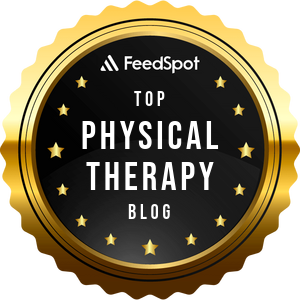
Continuing Professional Education
Looking for Massage Therapy CEUs, PT and ATC continuing education, chiropractic CE, or advanced manual therapy training? Explore our evidence-based online courses designed for hands-on professionals.


